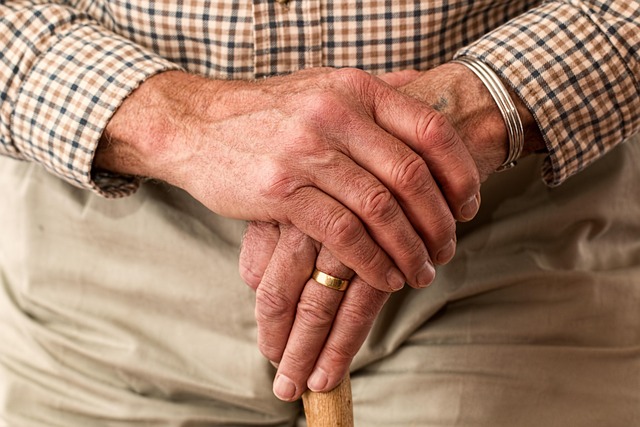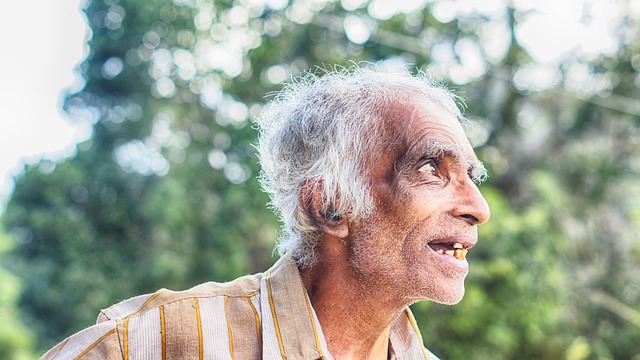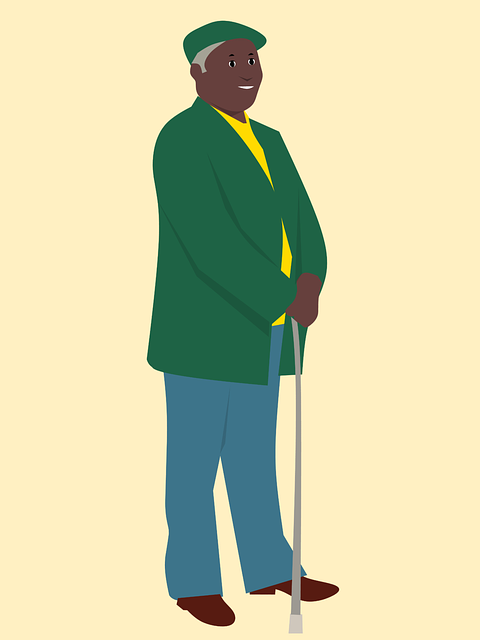Elderly Companion Services are vital for enhancing the quality of life and independence of aging individuals in their homes. They offer a range of assistance, from companionship to help with daily tasks, combatting feelings of loneliness and isolation. Trained companions ensure senior citizens' safety, monitor health conditions, provide medication reminders, and offer emergency assistance, enabling them to stay comfortably in familiar surroundings for longer periods. Selecting suitable in-home health monitoring assistance is critical; start by assessing unique needs, prioritize agencies offering personalized care plans, thoroughly research caregiver qualifications and experience, and check client reviews. Elderly Companion Services prioritize safety and privacy through secure communication, data storage, staff training, emergency preparedness, regular check-ins, and risk assessments.
In today’s digital era, in-home health monitoring assistance has become a vital lifeline for seniors seeking independence and safety. Elderly companion services offer a unique blend of support and technology, enabling individuals to age comfortably in their own homes. This article delves into the multifaceted role of these services, highlighting their benefits and exploring essential considerations when choosing the right elderly companion service. We also discuss best practices to ensure safety, privacy, and peace of mind for both seniors and their families.
- Understanding Elderly Companion Services: The Role and Benefits
- How to Choose the Right In-Home Health Monitoring Assistance
- Ensuring Safety and Privacy: Best Practices for Companion Services
Understanding Elderly Companion Services: The Role and Benefits

Elderly Companion Services play a vital role in maintaining the quality of life for aging individuals who wish to remain independent in their homes. These services offer a range of assistance, from basic companionship and conversation to help with daily tasks like cooking, cleaning, and grocery shopping. The primary benefit lies in enhancing senior citizens’ overall well-being by providing social interaction and support, which can alleviate feelings of loneliness and isolation often experienced as part of aging.
Through these services, trained companions offer a sense of security and peace of mind for both the elderly person and their families. They assist with medication reminders, monitor health conditions, and provide assistance during emergencies, ensuring prompt response and care. This not only improves senior citizens’ safety but also promotes their independence by enabling them to stay in familiar surroundings longer.
How to Choose the Right In-Home Health Monitoring Assistance

Selecting the right in-home health monitoring assistance is a crucial step in ensuring the well-being and comfort of your loved ones, especially the elderly. The first consideration should be assessing their specific needs. This includes understanding the medical conditions they manage, the level of assistance required for daily tasks, and any unique preferences or challenges they may have. Choosing an agency that offers personalized care plans tailored to these needs is essential. Look for companies providing Elderly Companion Services that match the individual’s requirements, whether it’s help with medication management, transportation, or simply someone to check in regularly.
Additionally, research the reputation and qualifications of potential caregivers. In-home health monitoring assistance should employ trained professionals who are not only skilled in medical tasks but also compassionate and reliable. Verifying their certifications, experience, and background checks ensures peace of mind. It’s also beneficial to read reviews from previous clients to gauge the quality of care and the overall satisfaction of families.
Ensuring Safety and Privacy: Best Practices for Companion Services

When it comes to elderly companion services, ensuring safety and privacy is paramount. Companion services play a crucial role in maintaining the well-being of older adults, especially those living independently at home. To safeguard sensitive information, companion service providers must implement robust privacy measures. This includes using secure communication channels, storing data securely, and training staff on privacy best practices to prevent unauthorized access or disclosure of personal details.
Additionally, safety protocols are essential to protect clients from harm. Companion services should establish clear guidelines for emergency responses, regular check-ins, and risk assessment. By combining privacy protections with robust safety measures, elderly companion services can foster a secure environment, promoting peace of mind for both the client and their family.
In-home health monitoring assistance, particularly Elderly Companion Services, offers a vital support system for seniors, enhancing their quality of life. By understanding the role and benefits of these services, selecting the right provider, and prioritizing safety and privacy, individuals can ensure their loved ones receive compassionate care tailored to their unique needs. This comprehensive approach allows seniors to age gracefully and securely in the comfort of their own homes.
